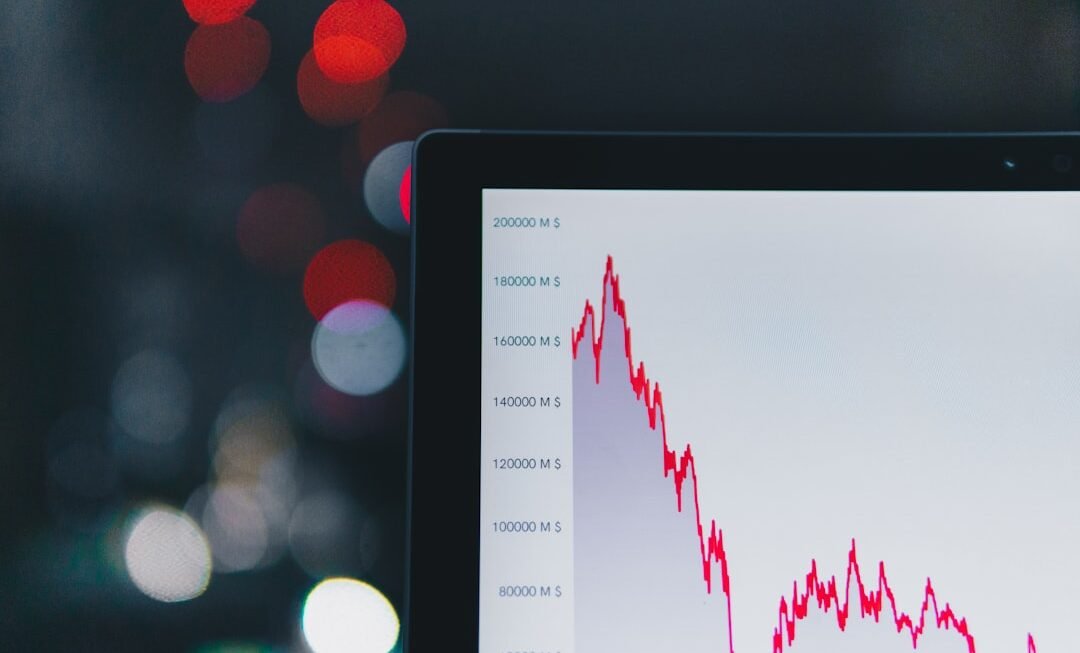Arbitrage is a trading strategy that exploits price discrepancies of the same asset across different markets or exchanges. In the context of cryptocurrency, this involves buying a digital asset at a lower price on one exchange and simultaneously selling it at a higher price on another. The fundamental principle behind arbitrage is the assumption that markets are not perfectly efficient, allowing traders to capitalize on these inefficiencies.
The rapid growth of the cryptocurrency market, characterized by its volatility and the multitude of exchanges, has created a fertile ground for arbitrage opportunities. The crypto market operates 24/7, unlike traditional stock markets, which adds another layer of complexity and opportunity for arbitrageurs. Prices can vary significantly between exchanges due to factors such as liquidity, trading volume, and regional demand.
This process can be repeated multiple times, provided the trader can act quickly enough to take advantage of fleeting opportunities.
Identifying Profitable Opportunities in Crypto Arbitrage
Identifying profitable arbitrage opportunities requires a keen understanding of market dynamics and the ability to monitor multiple exchanges simultaneously. Traders often utilize various tools and platforms that aggregate price data from different exchanges to spot discrepancies. For example, platforms like CoinMarketCap or CoinGecko provide real-time price information across numerous exchanges, allowing traders to quickly identify where an asset is undervalued or overvalued.
Moreover, successful arbitrageurs often employ algorithmic trading strategies that automate the process of scanning for price differences. These algorithms can execute trades in milliseconds, which is crucial in a market where prices can change rapidly. For instance, if a trader notices that Ethereum is priced at $2,500 on one exchange and $2,550 on another, an algorithm can automatically execute a buy order on the cheaper exchange and a sell order on the more expensive one before the price discrepancy closes.
This speed is essential because arbitrage opportunities can vanish almost instantaneously as other traders react to the same information.
Risks and Challenges in Crypto Arbitrage
While crypto arbitrage can be lucrative, it is not without its risks and challenges. One significant risk is the volatility inherent in cryptocurrency markets. Prices can fluctuate dramatically within short time frames, which means that by the time a trader executes their buy and sell orders, the price may have changed significantly, eroding potential profits or even resulting in losses.
For example, if a trader buys Bitcoin at $40,000 but the price drops to $39,500 before they can sell it on another exchange, they may face a loss instead of a profit. Another challenge is the issue of transaction fees and withdrawal limits imposed by exchanges. Each trade incurs fees that can eat into profits, especially when margins are thin.
Additionally, some exchanges have withdrawal limits or processing times that can delay access to funds, making it difficult to capitalize on arbitrage opportunities quickly. For instance, if a trader buys Bitcoin on an exchange with low fees but faces a lengthy withdrawal process to transfer it to another exchange for sale, they may miss out on the opportunity entirely if prices shift during that time.
Tools and Strategies for Successful Crypto Arbitrage
To navigate the complexities of crypto arbitrage successfully, traders often rely on a suite of tools designed to enhance their trading efficiency. One popular tool is arbitrage bots, which are automated software programs that execute trades based on predefined criteria. These bots can monitor multiple exchanges simultaneously and execute trades at lightning speed, significantly increasing the chances of capitalizing on price discrepancies before they disappear.
In addition to bots, traders may also use portfolio management tools that help track their investments across various exchanges. These tools provide insights into performance metrics and allow traders to analyze their strategies over time. For example, platforms like 3Commas or Shrimpy enable users to manage their crypto portfolios effectively while also providing features for automated trading and arbitrage opportunities.
By leveraging these tools, traders can streamline their operations and focus on identifying profitable trades rather than getting bogged down in manual processes.
Leveraging Technology for Efficient Crypto Arbitrage
The role of technology in crypto arbitrage cannot be overstated. With advancements in machine learning and artificial intelligence, traders are now able to analyze vast amounts of data to identify patterns and predict price movements more accurately. Machine learning algorithms can sift through historical price data to determine optimal trading strategies based on past performance.
This predictive capability allows traders to make informed decisions about when to enter or exit trades. Furthermore, blockchain technology itself offers transparency and security that traditional financial systems cannot match. Smart contracts can facilitate automated transactions between parties without the need for intermediaries, reducing transaction times and costs associated with arbitrage trading.
For instance, using decentralized exchanges (DEXs) allows traders to execute trades directly from their wallets without relying on centralized platforms that may impose delays or restrictions. This technological evolution not only enhances efficiency but also opens up new avenues for arbitrage opportunities in decentralized finance (DeFi) ecosystems.
Regulations and Compliance in Crypto Arbitrage
As the cryptocurrency market matures, regulatory scrutiny has increased significantly. Different jurisdictions have varying regulations regarding cryptocurrency trading and arbitrage activities. Traders must be aware of these regulations to ensure compliance and avoid potential legal issues.
For example, some countries require traders to report their earnings for tax purposes or adhere to anti-money laundering (AML) regulations. In addition to national regulations, exchanges themselves may have specific compliance requirements that traders must follow. This could include identity verification processes (KYC) before allowing withdrawals or trading activities.
Failure to comply with these regulations can result in account suspension or legal repercussions. Therefore, it is crucial for traders engaged in crypto arbitrage to stay informed about both local laws and exchange policies to operate within legal boundaries.
Building a Diversified Portfolio through Crypto Arbitrage
Crypto arbitrage offers an opportunity not only for short-term gains but also for building a diversified investment portfolio over time. By engaging in arbitrage across various cryptocurrencies rather than focusing solely on one asset, traders can spread their risk and potentially enhance their returns. For instance, while Bitcoin may be experiencing high volatility, other altcoins might present more stable arbitrage opportunities due to differing market dynamics.
Diversification can also involve trading across different exchanges with varying liquidity levels and fee structures. By strategically selecting which exchanges to trade on based on their unique characteristics, traders can optimize their arbitrage strategies. For example, an exchange with lower fees might be more suitable for high-frequency trading strategies, while another with higher liquidity could be ideal for larger trades that require quick execution without significant slippage.
Long-Term Wealth Building with Crypto Arbitrage
While many view crypto arbitrage as a short-term trading strategy aimed at quick profits, it can also serve as a foundation for long-term wealth building when approached strategically. By consistently identifying and capitalizing on arbitrage opportunities over time, traders can accumulate significant returns that compound as they reinvest their profits into further trades or other investment vehicles. Moreover, as the cryptocurrency market continues to evolve and mature, new opportunities for arbitrage will likely emerge alongside innovative financial products and services.
By staying informed about market trends and technological advancements, traders can position themselves advantageously within this dynamic landscape. Ultimately, those who approach crypto arbitrage with discipline and a long-term perspective may find themselves well-positioned to build substantial wealth in an ever-changing financial environment.












